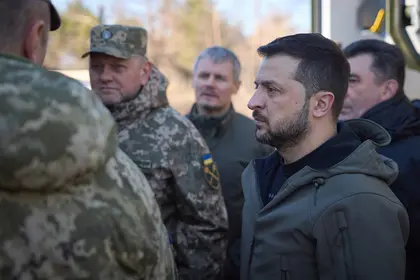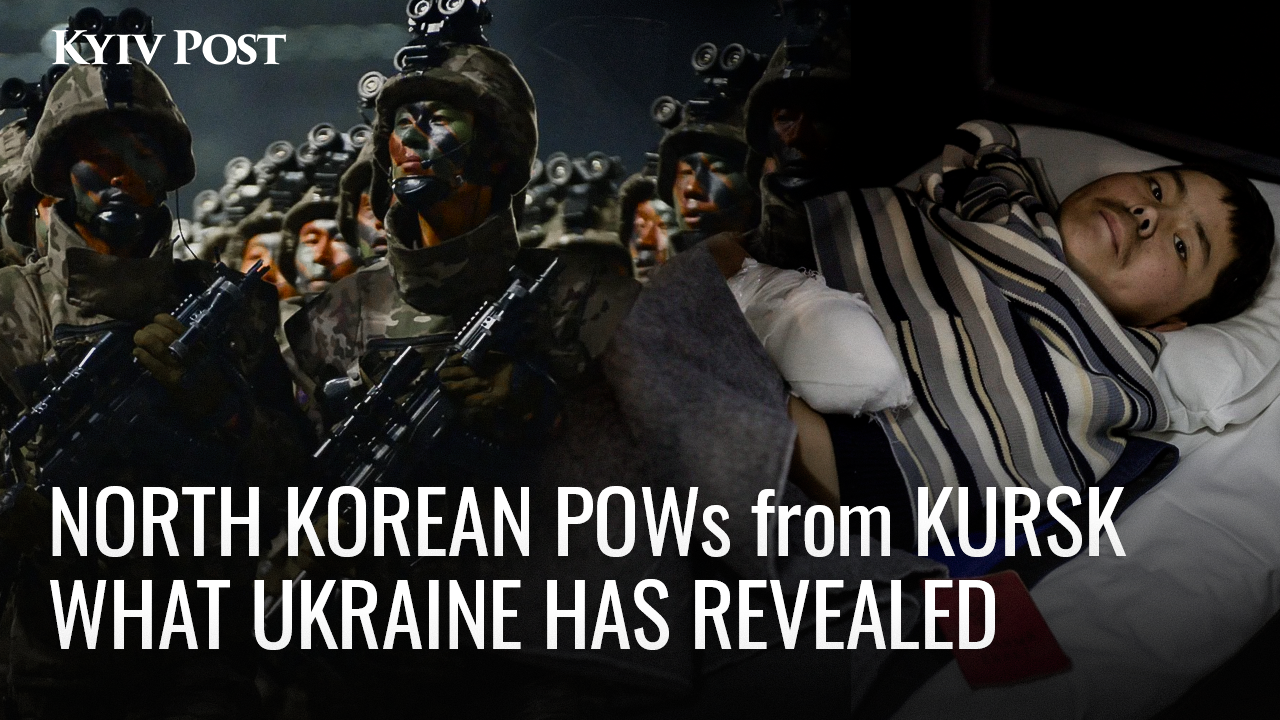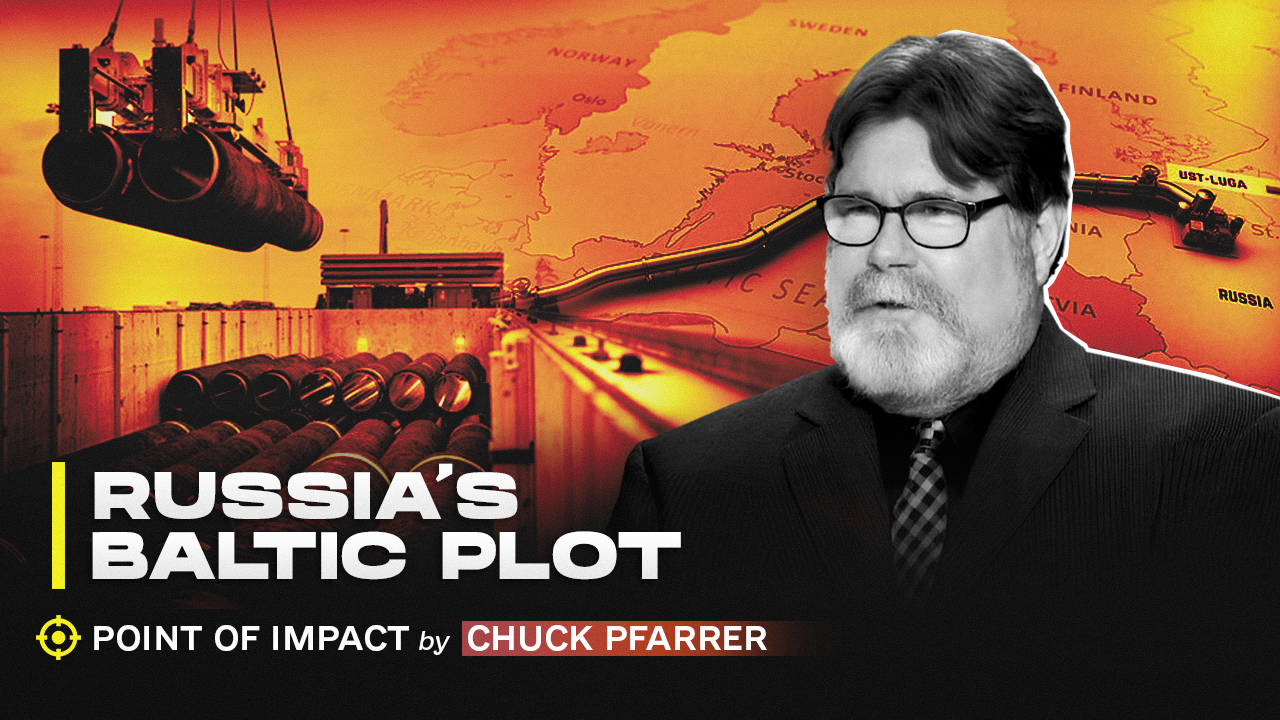A new article in TIME magazine – highly critical of President Volodymyr Zelensky – has stirred up heated emotions in Ukraine, outraging many of the country’s supporters.
The article, published on Oct. 30, portrays Zelensky as an exhausted and embittered leader who feels betrayed by his allies. It depicts a president at the helm of a corrupt government and as someone unable to listen to the growing calls of close advisors telling him that Ukraine needs to change course in a losing battle against its neighbor.
JOIN US ON TELEGRAM
Follow our coverage of the war on the @Kyivpost_official.
"Nobody believes in our victory like I do. Nobody."
— TIME (@TIME) October 30, 2023
Inside Volodymyr Zelensky's lonely fight to save Ukraine as war fatigue spreads https://t.co/7uvz7N4Bh8 pic.twitter.com/tgaQyasld3
The TIME article has triggered debate among Ukrainian politicians and hit Ukrainian media like a firestorm.
The article’s author, Simon Shuster, writes: “In some branches of the military, the shortage of personnel has become even more dire than the deficit in arms and ammunition. One of Zelensky’s close aides tells me that even if the US and its allies come through with all the weapons they have pledged, ‘we don’t have the men to use them’.”
RBC-Ukraine reported that Secretary of the National Security and Defense Council Oleksiy Danilov responded to the alleged halt in mobilization and shortage of military personnel addressed in the article.
“As for conscription, we are not reducing the number of people in the security and defense sector. Will there be problems? This is a question that may arise over time. How significant they will be and how they can affect various things, we will see then,” Danilov said.

What Happened in Ukraine This Week? Test Your Knowledge
Another unnamed source tells Shuster that Zelensky “feels betrayed by his Western allies.”
Zelensky’s Presidential Advisor, Mykhailo Podolyak, rejected the allegation that the president feels “betrayed” by his Western allies.
In an interview with Radio Liberty the day after the article’s publication, Podolyak described the article as “the subjective point of view of a specific journalist.”
This photograph taken on Jan. 10, 2023, shows adviser to the President Mykhailo Podolyak, speaking during an interview with AFP in Kyiv. Photo: AFP
Speculation over unnamed sources
Podolyak cast doubt on the veracity of unnamed sources used in the article, saying that sometimes such sources “do not have access to certain information” and “somewhere nearby, they want to increase their weight, and their vision is passed off as axiomatic knowledge.”
There was initial speculation that one of the article’s unnamed sources might be Oleksiy Arestovych, a Ukrainian politician and one-time advisor to Zelensky, turned outspoken critic. Indeed, Shuster has previously used Arestovych as a source, for example, in another article for TIME, titled “How Zelensky Leads.” Arestovych then told Shuster: “Sometimes he slips into the role and starts to talk like an actor playing the President.”
Pitzer College Sociology Professor Azamat Junisbai tweeted in response to Shuster’s latest article: “Lately, Arestovych has been launching increasingly personal attacks against @ZelenskyyUa in hopes of advancing his own political ambitions. If the TIME article named him as one of the sources, it would be deservedly ridiculed. Glad that the man’s vanity is helping to clarify it.”
Shortly after this week’s publication, Arestovych, posted on X that he’d spoken many times with Shuster, seeming to confirm the speculation that he might be a key unnamed source.
Arestovych tweeted: “[He is] an authoritarian leader who is afraid to tell the truth to his entourage. No, it’s not a direct parallel to Hitler. I’ve spoken to Simon [Shuster] personally several times, and he would never draw such a parallel. But he’s a brilliant artist and he’s got a clear moment of truth: it’s not about parallels, it’s about patterns.”
That was until Arestovych and Shuster denied the connection. Shuster tweeted: “Nowhere in the article do I cite a ‘former’ adviser or aide to Zelensky. Arestovych has not worked for the President’s office since spring or summer 2022, which is when I last spoke to him.”
Arestovych is a highly controversial figure in Ukraine with a far-right political background. On Jan. 17, three days after Kyiv stated that a Russian cruise missile had struck a building in the eastern city of Dnipro, Arestovych claimed it was debris from the missile, brought down by Ukraine’s air defense, that struck the building. Russian media seized on his statement. After a public outcry, Arestovych resigned.
Opting for the Russian language over Ukrainian, on Nov. 1, Arestovych announced his intention to run for office against Zelensky – a day after likening Zelensky to a dictator and praising the TIME article.
Who is Simon Shuster?
Before covering Zelensky as TIME’s “Man of the Year,” Shuster had a history of writing controversial articles about Ukraine, some of which, critics say, have echoed Russian propaganda narratives.
Shuster was born in Moscow in 1983 and immigrated to San Francisco with his family when he was seven years old. He would return to Russia in 2006 to write for The Moscow Times, the Associated Press, and Reuters.
Shuster has been banned from working in Russia since 2015. He's been working for TIME since 2013, with much of his focus on Ukrainian issues.
In an interview with the online publication Inosmi, Shuster seemed to speak positively, if not express admiration for, Russian opposition politician Alexei Navalny: “They (his family) put so much effort into getting me out of there that sometimes it’s hard for them to understand why I came back and started poking the government with a sharp stick, as Navalny would say,” Shuster told the publication.
While many Russians admire Navalny, he’s less admired in Ukraine, where he’s often viewed as being liberal domestically yet still imperialistic when it comes to foreign affairs. According to a recent poll, among the 70 percent of Russians who would like Russia’s invasion of Ukraine to end, only a third of them think that Russia should return the Ukrainian land it occupies. Navalny echoes this view, saying that Ukrainians should accept Crimea as Russia’s.
Все що вам треба знати про Саймона Шустера, автора недавньої статті для @TIME на цьому фото:
— Yaroslav Azhnyuk / Ярослав Ажнюк (@YaroslavAzhnyuk) October 31, 2023
А ні, ще він імігрував з Москви до Штатів у 1989, потім повернувся до мск працювати журналістом у 2006. Ну і може ще пару зображень і посилань додам у треді pic.twitter.com/S1mgoDxEr0
“I am not judging Simon as a person and I consider him an unwitting asset, which is that he has been used, repeatedly and to much detriment, by his Russian sources. Just spend some time reviewing his work. It is repeated exaggerations, echoing unreliable sources, and visible bias,” Konstantin Sonin, a Russian economist and professor at the University of Chicago, currently on Russia’s federal wanted list, tweeted.
Shuster responded: “Konstantin, please, before you dig yourself any deeper into this hole, take some time to read a few of my articles on a cool head. I’ll send you some links. But don’t base your views and stake your reputation on whatever you saw on twitter this morning.”
Public reaction
David Sacks, a venture capitalist friend of Elon Musk, and staunch critic of Ukraine aid, wrote on X that Shuster’s article was a “CRONKITE MOMENT.” The reference stems from Feb. 27, 1968 when news anchor Walter Cronkite Jr. – often cited as the most trusted man in America – declared on air that the US war effort in Vietnam had become entrenched in stalemate and proposed negotiations as a means of the US exiting from the conflict.
“If you haven’t read it yet, this week’s TIME magazine cover story on Zelensky is extraordinary. It confirms almost everything that critics of the war have been saying, starting with the fact that it is unwinnable for Ukraine,” Sacks wrote.
Others were less quick to agree.
Tymofiy Mylovanov, president of the Kyiv School of Economics and former minister of economic development, trade and agriculture, tweeted: “It's tough as a Ukrainian to read misleading articles that ignore our voice. Despite two years of war and decades of our fight against Russian colonialism, it seems the American media still think Ukraine's fate is for Washington and Moscow to decide, not us Ukrainians.”
Ukrainian journalist Anastasia Tovt, wrote in a Facebook post: “This is the second day I’ve been watching the discussion around Simon Schuster’s scandalous article in TIME. I have already read hundreds of opinions, analyses, conspiracy theories, outrages, and justifications.”
She added: “Will this article have a bad effect on the image of Ukraine? Let's be honest: it is clearly not an American journalist who should think about how OUR country will look in the eyes of the world. He's just doing his job.”
Tovt has written for the now-sanctioned publication Strana.ua. – considered to be a pro-Russian publication that was banned by Ukrainian authorities. Strana.ua – which has been critical of Russia’s invasion of Ukraine – has also been blocked in Russia.
Zarina Zabrisky, a US journalist based in Ukraine, who has written for Euromaidan Press, was more critical of the TIME article than Tovt, saying that the article and even the design of the cover boosted the Kremlin's narrative.
This article fits into the Kremlin narrative. From the cover page to quotes, I can give a talk on propaganda tactics here. But, @i_gil_ already did.
— Zarina Zabrisky 🇺🇸🇺🇦 (@ZarinaZabrisky) October 31, 2023
Note: “nobody”x 2 and in caps + a tiny figure waking away: the designer might get a special award from the Kremlin.
Seriously 👇🏼 https://t.co/Y0Hix4bOpg
Olga Tokariuk, a Chatham House Fellow, former fellow with the Reuters Institute who’s written and commented for various international media including Monocle, TIME, The Washington, The Daily Beast, Evening Standard, BBC, and others, said “Take it with a grain of salt.”
IMO, too much doom and gloom in the latest @TIME cover article on Ukraine. Too much focus on Zelensky, as if it's just his war and his decisions. Too many anonymous quotes by various 'aides' and 'advisors'. Too little about the Ukrainian people. Take it with a grain of salt
— Olga Tokariuk (@olgatokariuk) October 30, 2023
Setbacks on the battlefield
In Shuster’s latest article, one of Zelensky’s “closest aides” tells the reporter that Ukraine’s president “deludes himself,” adding: “We’re out of options. We’re not winning. But try telling him [Zelensky] that.”
Shuster writes: “Despite the recent setbacks on the battlefield, he does not intend to give up fighting or to sue for any kind of peace.”
As for the “setbacks” on the battlefield, Kyiv Post’s Senior Defense Correspondent Stefan Korshak wrote in a recent analysis: “For me, we have witnessed one of the most major events in military history: the strategic defeat of the powerful Russian Black Sea Fleet (BSF) and its withdrawal from its deep-water port at Sevastopol. This single event, no matter how momentous, won’t end the war tomorrow but it will directly affect the course it takes and likely have implications for security within the Black Sea and surrounding regions for decades to come.”
Photo of the sinking Russian Moskva cruiser from social media.
Ukrainian troops have slowly pushed forward from the strategic village of Robotyne in the Zaporizhzhia region, which it liberated in August. On Nov. 1, Kyiv Post also reported that Ukrainian Marines were digging into a bridgehead on the east bank of the Dnipro River.
However, in an article written for The Economist and published on Nov 1, the Commander-in-Chief of Ukraine’s armed forces Valery Zaluzhny warned that Ukraine is at risk of getting into a stalemate with Russia.
He said that “positional” warfare of static and attritional fighting will ultimately benefit Russia due to its superior resources, and that Ukraine’s best option is to gain a technological advantage.
“A positional war is a prolonged one that carries enormous risks to Ukraine’s armed forces and to its state,” warns General Valery Zaluzhny.
— The Economist (@TheEconomist) November 3, 2023
In a guest essay, he argues that new innovative approaches are needed for Ukraine to escape that trap https://t.co/vzmtgstI1S 👇
A complaint voiced by an unnamed source in Shuster’s article echoed a common criticism: “They have left him without the means to win the war, only the means to survive it.”
As an Oct. 10 article in Kyiv Post explained: “Despite having a lot of air defense systems, those systems are not on battlefields and are largely focused on protecting civilian city populations. Russian glider bombs in recent weeks have been able to hit Ukrainian frontline positions with near impunity.”
Ben Hodges, a retired US Army General and a NATO Senior Mentor for Logistics echoed this view: “This incremental decision-making about what to provide – I mean, how long did we wait before we finally decided to provide 31 tanks? Or to finally start training F-16 pilots? Or to now, finally deliver a version of ATACMS that we saw just a few days ago? This is because they are not committed to Ukraine winning.”
In his interview with The Economist, Zaluzhny said that Ukraine’s allies are not obliged to give anything to Ukraine, and that Kyiv is grateful for everything it gets, but that delays have consequences, such as allies waiting on delivering long-range missile systems and tanks which has allowed Russia to regroup and build up its defenses.
“These systems were most relevant to us last year, but they only arrived this year,” Zaluzhny told The Economist.
He added that F-16 jets, due to arrive next year, will also be less effective because Russia has improved its air defenses.
However, Russia has also suffered considerable military setbacks.
According to Ukrainian Defense Minister Rustem Umerov, Russia has lost some 4,000 troops in the past few weeks attempting to take Avdiivka, into which it has been throwing masses of personnel in so-called “meat assaults.”
Zaluzhny said that Russia has lost at least 150,000 troops since the February 2022 invasion began. A less conservative estimate from the Armed Forces of Ukraine (AFU) puts the number at twice that.
Shuster writes: “Zelensky’s stubbornness, some of his aides say, has hurt their team’s effort to come up with a new strategy, a new message.”
But the unnamed source’s view is different from that of the Ukrainian public, which predominantly shares Zelensky’s view that Ukraine will be victorious.
A March poll conducted by the International Republican Institute shows that more than 90 percent of Ukrainians believe Ukraine will win against Russia.
Shuster acknowledges, however, that Zelensky’s “stubbornness” is reflected in recent polls, with the majority of Ukrainians saying they would be unwilling to give up occupied land to Russia.
Corruption
Finally, the article alleges widespread corruption in Zelensky’s administration – a key point that Moscow has latched onto, hoping to use this to reduce allies’ support.
Corruption has been an ongoing and sometimes seemingly intractable problem in Ukraine and tackling it is a key component of Ukraine’s wider effort to join the EU. Progress has been made, which the TIME article acknowledges.
Zelensky has likened corruption to “treason.” Nearly every week there are announcements of new legislation, investigations, arrests, or firings in Ukraine’s war on corruption.
On Oct. 22, before passing a landmark law combating money laundering, two senior defense ministry officials were detained on suspicion of embezzling money. The week before that, the mayor of Sumy was arrested for allegedly “imposing tribute” on a local garbage removal company.
“There are no more untouchables in this country,” Supreme Court Chairman Stanislav Kravchenko told Kyiv Post in an interview at the beginning of September.
Kravchenko himself was the replacement for the former Supreme Court chairman – who had been stripped of his chairmanship due to suspicions of bribery.
In the article, Shuster, quotes an unnamed advisor, writing: “People are stealing like there’s no tomorrow.”
The US-based Fox News, a conservative news and political commentary television channel and website would pick up this quote the next day for its headline.
You can also highlight the text and press Ctrl + Enter















